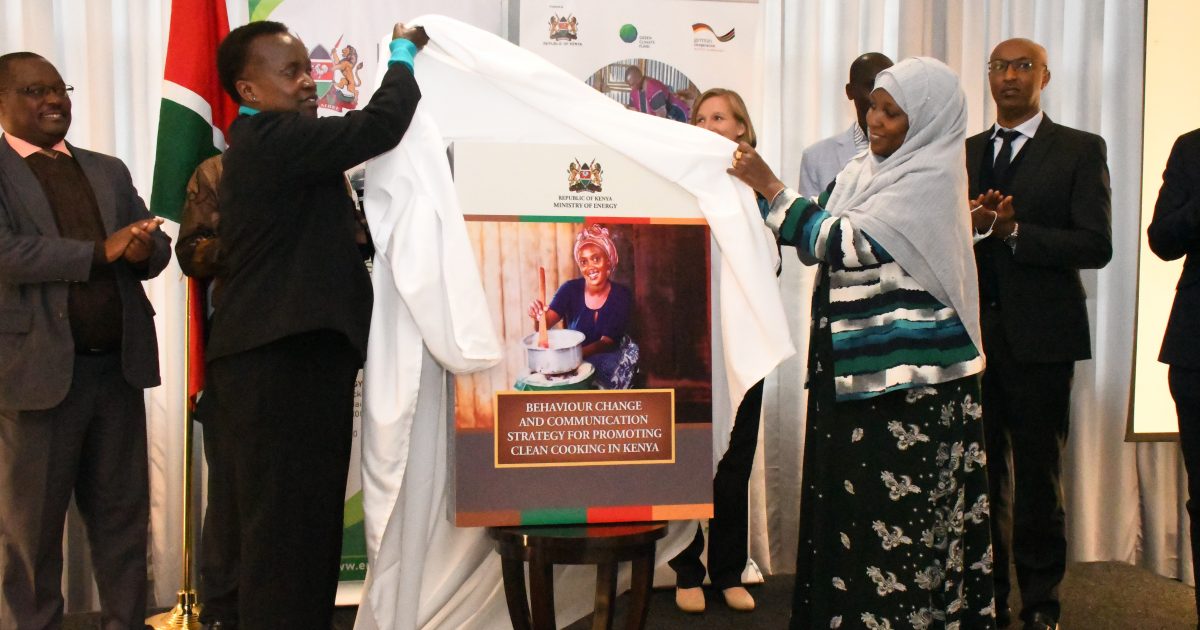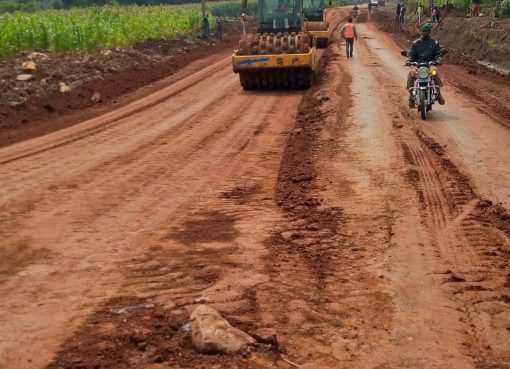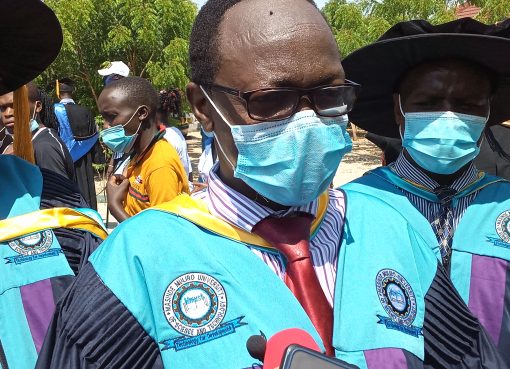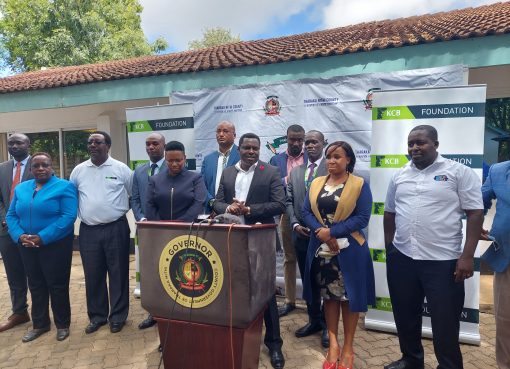The Ministry of Energy has launched the Behaviour Change and Communication (BCC) Strategy aimed at conducting public awareness campaigns on promoting clean cooking in Kenya.
Energy Principal Secretary Dr Gordon Kihalangwa in his speech read on his behalf by the ministry’s Secretary Administration Kula Hache, said a compelling reason for shifting to clean cooking fuels is to eliminate the health damage caused by indoor air pollution, associated with the use of solid biomass for cooking, water heating and space heating.
Dr Kihalangwa noted that modern cooking fuels alleviate the need to extract biomass energy sources such as wood-fuel from forests and ecosystems, thus contributing to the preservation of the environment.
The PS stated that BCC campaign Dubbed, ‘Upishi Bora, Afya Bora,’ will be useful in positively influencing public knowledge, attitudes and social norms related to cooking behaviour in households with respect to climate friendly cooking solutions.
“Over 93.2 percent of rural households use wood-fuel (fuelwood or charcoal) as their primary fuel, while 30 percent of the population use Liquefied Petroleum Gas (LPG) with only 3 percent of households owning an electric cooking appliance,” he said.
The PS added that statistics show that cooking contributes to 70 percent of the GreenHouse Gas emissions in Kenya.
Kihalangwa highlighted that the Ministry of Energy has purposed to address clean cooking as a human rights issue by setting the national goal of Universal Clean Cooking by 2028.
He further said his ministry elaborated a clean cooking compact in 2021, whose targets at transitioning public institutions to cleaner fuels by 2025 and also to accelerate uptake of cleaner fuels and technologies from 30 percent to 100 percent for rural households and 54 percent to 100 percent for urban households by 2028.
Kihalangwa revealed that the Ministry of Energy supported by Technical Assistance from Climate Compatible Growth (CCG), UK Partnering for Accelerated Climate Transitions (UK PACT), Agence Française de Développement (AFD) and GIZ Energising Development Programme (GIZ-EnDev) is in the process of developing a National Clean Cooking Strategy and an Electric Cooking Strategy.
“The World Health Organization identifies household air pollution as a global environmental risk, causing some 1.6 million premature deaths per year worldwide,” said Kihalangwa.
He added that the disease burden occasioned by household air pollution results in over 21,000 deaths annually and that lower respiratory infections account for 53 percent of all household air pollution related deaths in Kenya.
“We believe increasing the use of cleaner fuels such as LPG, electricity, bioethanol and biogas is key to reducing household air pollution and realizing potential health improvements,” said the PS.
Kihalangwa appreciated the financial support of close to 20 million Euros and 6 million Euros accorded to the government by the Green Climate Fund and Germany Development Cooperation respectively to promote Climate Friendly cooking activities by different partners in Kenya, alongside a similar project in Senegal.
Article 42 of the Constitution guarantees Kenyans the right to a clean and healthy environment achieved through legislative and other measures.
Apart from Clean Cooking Association of Kenya (CCAK), the Ministry of Energy is also working in collaboration with the Ministries of Environment and Forestry, Health, Petroleum and the National Treasury.
By Catherine Muindi





